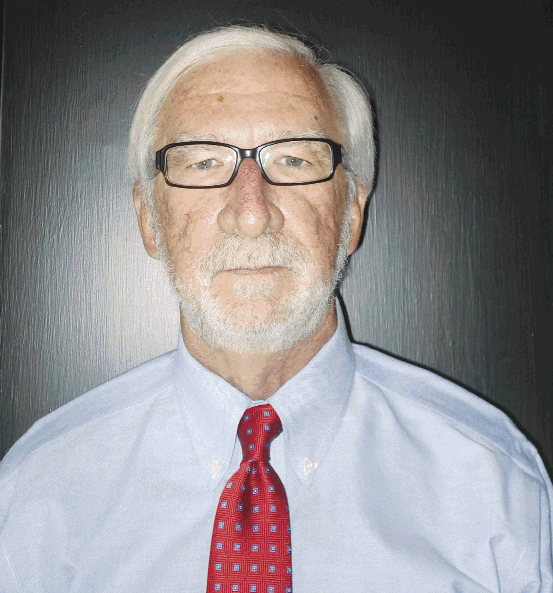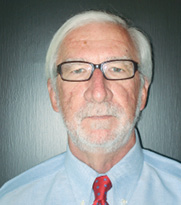While a survey of dealers revealed that 98% of respondents paid their sales personnel either on the basis of salary (30%), cash difference (28%), salary plus commission (19%) or gross margin (21%), the remaining 2% of dealers paid their sales staff utilizing an undisclosed form of compensation. This column, the last in a four part series on sales personnel compensation, will explore possible compensation systems that may have been used by one in 50 dealers.

Although not seen in years, it is hoped that only an infinitesimally small number of dealers are still paying their sales personnel on the basis of the equipment selling price. This method does nothing to secure a decent gross margin or to control the buildup of used equipment. It does, however, make the manufacturer happy, as this is one method designed exclusively to increase market share while concomitantly “breaking” the dealer.
Another sales compensation approach that could account for a small number of dealers is an approach that rewards sales personnel on the totality of the customer’s purchases. This “account manager” approach is designed to have the salesperson focus on all of the customer’s purchases and is the epitome of relationship and consultative selling.
In addition to being paid for the customer’s machine purchase, the account manager would also be compensated for the customer’s purchases of parts and services. Thus, rather than simply being an iron peddler, the salesperson would oversee the entire account.
When moving to an account management concept, three questions need to be answered. First, should the account manager be rewarded for the purchases of all customers or on a segmented group of customers? Second, should the account manager be rewarded for all the customer’s parts and service purchases or only on the incremental purchases? And finally, how should the account manager be compensated?
If the salesperson is truly going to function as an account manager, then he or she should be compensated for the purchases pertaining to all his or her customers. However, since “A” and “B” customers would likely already have an established pattern of parts and service purchases, the account manager should be rewarded on the basis of their incremental purchases; i.e., purchases over and above last year’s purchases or over a three-year average of purchases. The idea here is not to have the account manager cherry pick the parts and service business, but rather to become an integral part in growing the dealership’s product support. On the other hand, the account manager should be rewarded for all of the parts and service purchases of “C” customers, as well as all prospective customers.
One way of growing the parts and service business via an account manager would be to financially reward the salesperson for his or her efforts. One approach would be to pay the salesperson 5% of the parts sales. Naturally, the products would be priced at the discretion of the parts manager and not the account manager. Furthermore, controls would have to be put in place to ensure fair, but adequate, compensation of sale items as well as the delivery of parts purchases. As for service compensation, the account manager could be paid 10% of the service labor provided the work is scheduled at the service manager’s convenience. The account manager concept is an excellent way to transition away from traditional order takers to contemporaneous field marketers.
Another approach that, unfortunately, few dealers have utilized is one based on product specialists. While difficult to effectuate in small volume dealerships, larger volume dealerships should gravitate to this approach. Under the product specialist approach, each salesperson would be designated an in-house expert on a given product. As such, that person would be expected to know “everything” about that given product as well as all of the competitors’ “like” product.
While working his or her own territory, when a salesperson has a customer that shows interest in a given product, that salesperson is to call on the resident “expert.” The first salesperson would be given a flat fee for each product sold while the “closing” expert would be compensated on the basis of a reduced gross margin. This approach will absolutely improve dealership image while simultaneously increasing the equipment gross margin.
The final approach of compensating sales personnel would be on the basis of successfully achieving a pre-established set of quotas, goals and objectives. While initially paid on the basis of a weekly or monthly draw, the salesperson would achieve a quarterly or annual bonus based on the successful achievement of mutually agreed upon sales quotas, customer contacts, conquest sales, margins attained and the turnover of equipment. This only works with goal-oriented overachievers who are competitive and aggressive in nature and who eschew excuses while pursuing sales excellence.







Post a comment
Report Abusive Comment